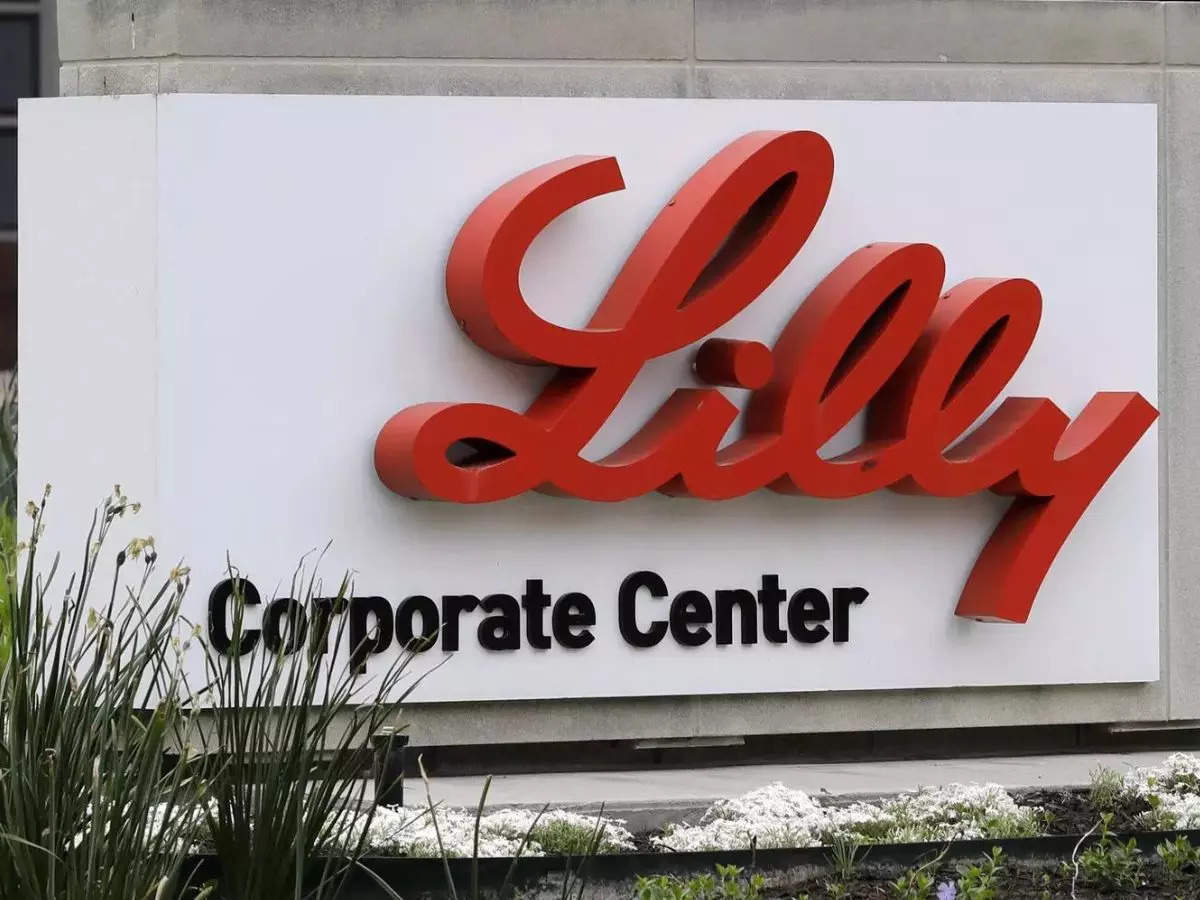Eli Lilly rises 6%; company raises 2024 sales forecast by $2 billion
Explosive demand and increased manufacturing capacity for Eli Lilly's weight-loss drug Zepbound drove the company to raise its annual sales forecast by $2 billion on Tuesday, lifting its shares nearly 6%.
Explosive and increased manufacturing capacity for Eli Lilly's weight-loss drug Zepbound drove the company to raise its annual sales forecast by $2 billion on Tuesday, lifting its nearly 6%.Lilly said it expects significant production increases in the second half of the year for its obesity treatment and related diabetes drug Mounjaro, for which most doses are in shortage due to high demand.
"Our top priority is making more and we're doing everything we can to do that," CEO David Ricks told CNBC. "We're pulling out all stops to produce more, but the lag time is significant."
The company said sales growth depend on how much of the medicines it can produce and ship in the short to mid-term.
Lilly last week said it would acquire a manufacturing facility from privately-held Nexus Pharmaceuticals to produce injectable medicines. The drugmaker has also broken ground at its $2.5 billion manufacturing site in Germany, and expects its Concord, North Carolina site to begin producing Zepbound and Mounjaro as early as the end of the year.
Skyrocketing demand for Mounjaro and Zepbound, both chemically known as tirzepatide, has propelled the Indianapolis-based drugmaker's market value above $700 billion - surpassing both Tesla and Walmart.
Indianapolis-based Eli Lilly and Danish rival Novo Nordisk are racing to increase production in a weight-loss market estimated to reach at least $100 billion by decade's end. Both companies' obesity treatments belong to a class of drugs originally developed for diabetes known as GLP-1 agonists.
GLP-1 drugs have been shown to help patients lose on average as much as 20% of their weight, fueling unparalleled demand.
"There's a lot of demand for these ... therapies, and I would say Lilly's doing a good job in trying to address the situation," said Tema ETF investment partner David Song.
The U.S. Food and Drug Administration has said most doses of Zepbound and Mounjaro are expected to be in shortage through the second quarter of this year.
Zepbound brought in first-quarter sales of $517.4 million, ahead of analysts' expectations of $418.20 million, according to LSEG data.
Sales of Mounjaro jumped to $1.81 billion from $568.5 million last year, driven by strong demand and higher prices as patients moved away from the company's savings program.
Mounjaro sales, however, came in below Wall Street estimates of $2.08 billion, which analysts attributed to limited supply.
Despite a strong start, total prescriptions of Lilly's Zepbound are falling behind those of Novo Nordisk's popular weight-loss drug Wegovy.
In the United States, an average of nearly 63,000 Zepbound prescriptions have been written each week in 2024 as of April 19, compared to 110,000 for Wegovy, according to IQVIA data seen by Reuters.
That amounts to a total of more than 1 million Zepbound prescriptions, and around 1.75 million for Wegovy, written in the United States since the start of 2024.
Eli Lilly now expects 2024 of $42.4 billion to $43.6 billion, up from its prior forecast of $40.4 billion to $41.6 billion. The drugmaker also raised its annual profit forecast by $1.30 per share to $13.50 to $14 per share.
The company reported an adjusted profit of $2.58 per share, topping analysts' expectations by 12 cents.
Lilly shares, which were up 26% so far this year, jumped another 5.8% to $779.72 in early trading.
Source: Stocks-Markets-Economic Times
